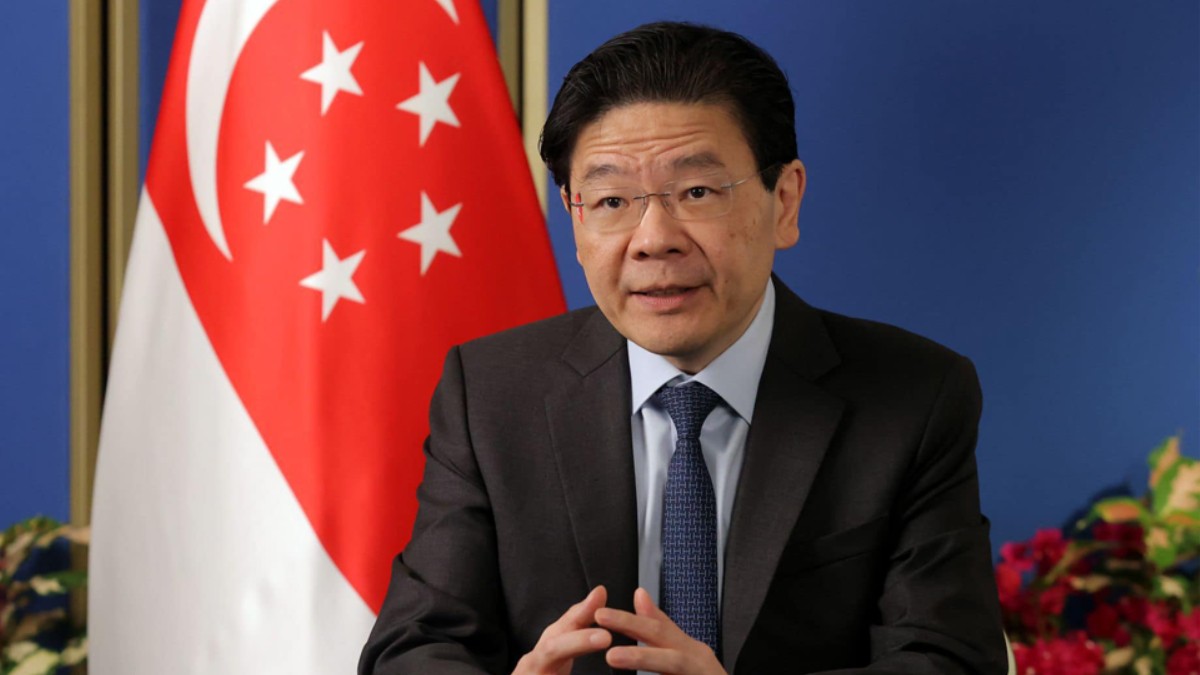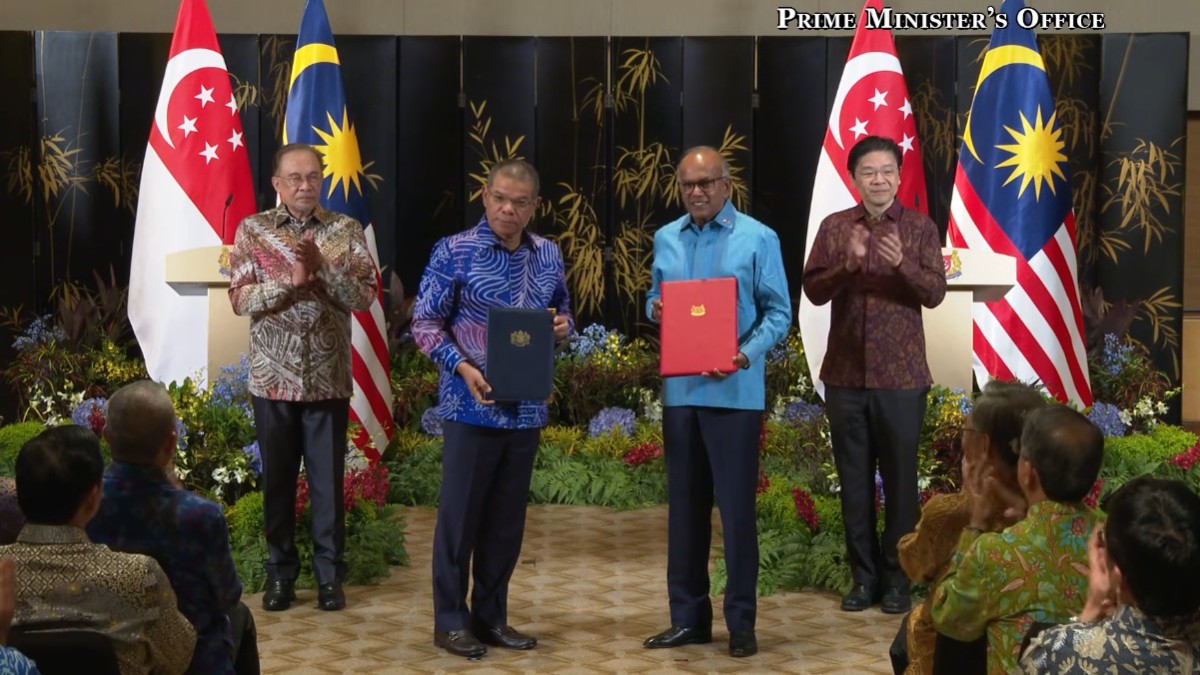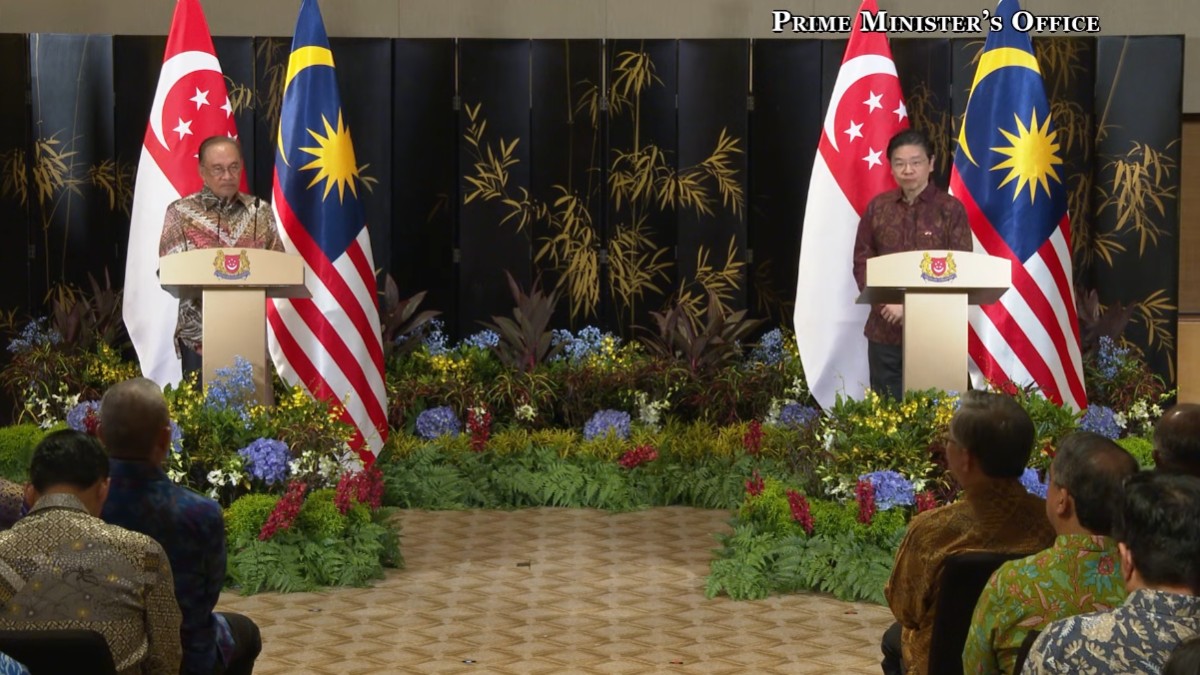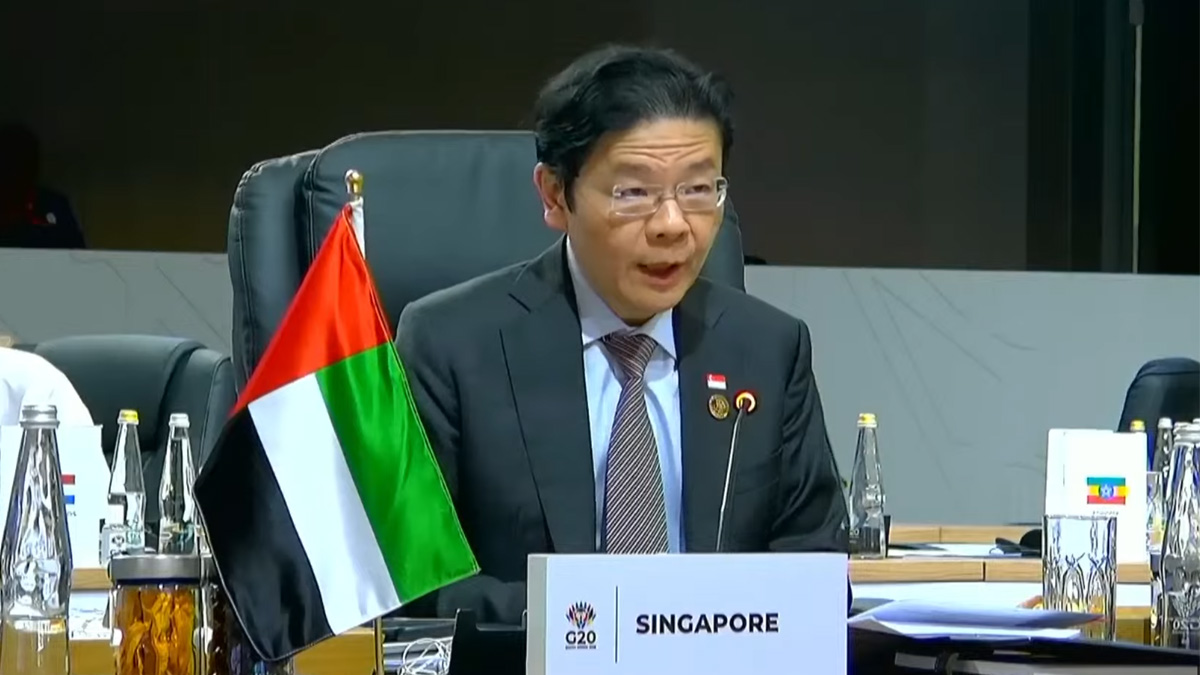Singapore and Thailand deepen strategic ties with pacts on cybercrime, rice trade, and healthcare
Singapore and Thailand have agreed to strengthen cooperation on regional security, trade, and sustainable development, following Thai Prime Minister Anutin Charnvirakul’s official visit marking 60 years of diplomatic relations. The visit saw new pacts on rice trade, cybercrime, and healthcare workforce development.

- Thai Prime Minister Anutin Charnvirakul visited Singapore to mark 60 years of diplomatic ties and discuss enhanced cooperation.
- Agreements were signed on rice trade, healthcare training, and expanded efforts to combat cybercrime and online scams.
- Both leaders committed to closer strategic collaboration across digital, green economy, and ASEAN connectivity.
Thai Prime Minister Anutin Charnvirakul has called on Singapore to become a key strategic partner in combatting transnational cybercrime, during his first official visit to the country since taking office in September.
The visit, which took place on 7 November 2025, marked the 60th anniversary of diplomatic relations between Thailand and Singapore. It was highlighted by the signing of multiple cooperation agreements and bilateral talks with Singapore Prime Minister Lawrence Wong.
Anutin received an official welcome at Singapore’s Ministry of Foreign Affairs, including an inspection of the guard of honour, before holding high-level discussions with Wong.
According to Thai government spokesman Siripong Angkasakulkiat, the visit symbolised the enduring friendship and evolving cooperation between the two countries.
Lawrence Wong emphasised the significance of the anniversary, stating that ties between Singapore and Thailand had “long preceded formal diplomatic relations” and were rooted in mutual respect and shared goals.
He pledged to work closely with Anutin to advance bilateral cooperation, describing the relationship as “deep and resilient” and underscoring its growing importance in a shifting global landscape.
Agreements on cybercrime, food security, and healthcare
One of the key areas of discussion was transnational crime. Anutin proposed closer cooperation in tackling online scams, an area of growing regional concern. He announced that Thailand would host an international conference on online fraud and formally invited Singapore to play a central role in regional efforts to disrupt such criminal activity.
Both leaders agreed to enhance intelligence sharing, training, and joint operations to improve response capacity across borders.
Singapore and Thailand also signed a memorandum of cooperation on rice trade, securing food supply for Singapore and expanding market access for Thai rice producers. Under the agreement, rice will be supplied to Singapore upon request, on mutually agreed terms.
Wong described the agreement as a “win-win,” noting that it would ensure stable rice availability while offering new economic opportunities for Thai farmers.
The deal was signed by Singapore’s Minister for Sustainability and the Environment Grace Fu and Thailand’s Commerce Minister Suphajee Suthumpun. The memorandum was exchanged in the presence of both prime ministers.
Singapore currently imports over 90% of its food supply, with Thailand being one of its largest rice exporters.
In the healthcare sector, a memorandum of understanding was signed between Singapore Health Services (SingHealth) and Thailand’s Department of Medical Services. This aims to bolster the capabilities of Thai healthcare leaders, particularly in managing an ageing population.
The initiative will be led by Changi General Hospital, part of the SingHealth group.
Broader strategic cooperation and ASEAN integration
The visit also reinforced a broader “forward-looking strategic partnership” between the two countries. Discussions included green economy initiatives, clean energy transitions, and digital development.
Both leaders reaffirmed shared targets for carbon neutrality and net-zero emissions by 2050, and they agreed to deepen collaboration on sustainable growth and green supply chains.
Efforts are underway by both governments to explore joint investments in clean technology and renewable energy, with a focus on building resilience and supporting ASEAN’s development goals.
Anutin highlighted Thailand’s readiness to serve as a regional logistics hub, noting the potential to improve connectivity via road, rail, sea, and digital infrastructure across ASEAN.
The Thai leader reiterated his country’s commitment to coordinating with Singapore on strategic ASEAN priorities. These include regional economic integration, infrastructure connectivity, and collective security initiatives to serve the bloc’s 600 million citizens.
Strong economic and people-to-people ties
Wong noted that Singapore was Thailand’s top foreign investor in 2024, underscoring strong trade flows and business linkages.
He also acknowledged longstanding defence cooperation and continued exchanges involving students, officials, and civil society.
“There is still tremendous potential for us to do even more together,” said Wong, referring to the breadth of existing and future collaborations.
Anutin extended a formal invitation for Prime Minister Wong to visit Thailand at a mutually convenient time, continuing a series of reciprocal high-level visits that have strengthened bilateral ties over the past year.











